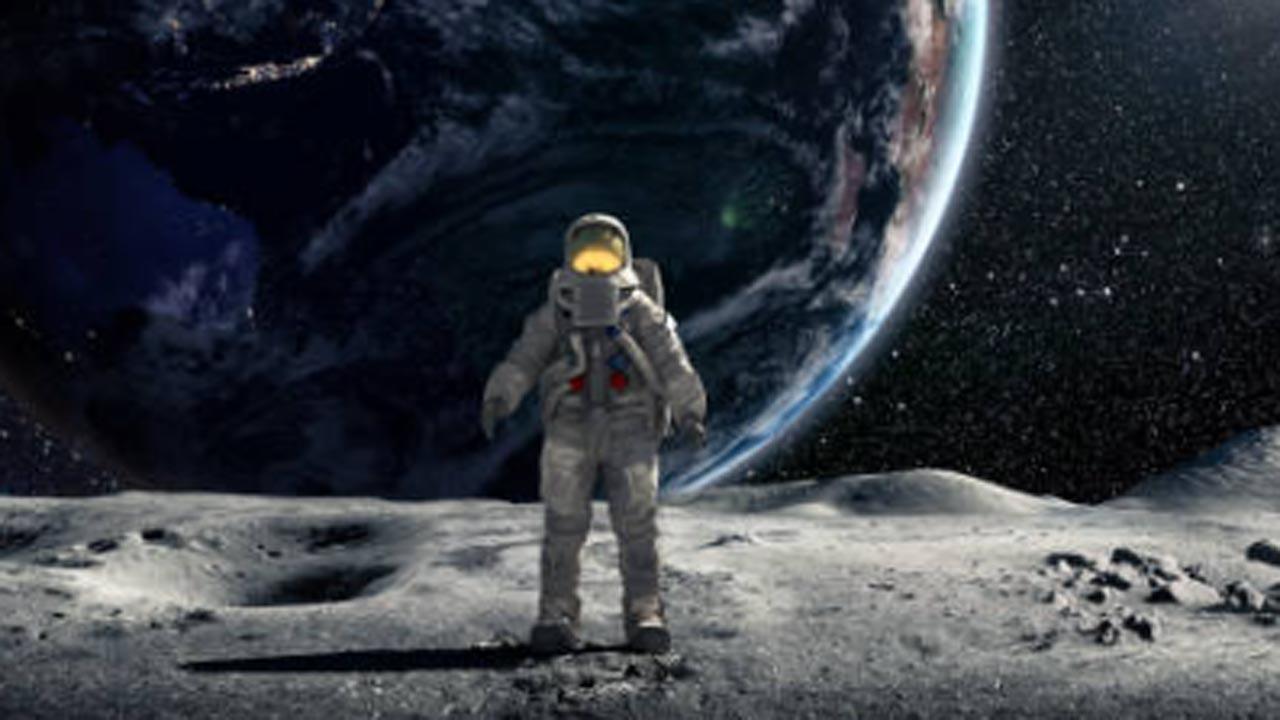Of particular concern is that experiments in male rats indicated that these aspects of spaceflight can cause problems even after a period of long-term recovery

Representational Image. Pic Courtesy/iStock
Male astronauts exposed to high levels of galactic cosmic radiation and weightlessness during space missions can negatively affect vascular tissues relevant to erectile dysfunction, claimed a study in rats.
ADVERTISEMENT
Of particular concern is that experiments in male rats indicated that these aspects of spaceflight can cause problems even after a period of long-term recovery.
The research, which is published in The FASEB Journal, indicated that vascular alterations are induced by relatively low doses of galactic cosmic radiation and to a lesser extent simulated weightlessness, primarily through increases in oxidative stress.
However, treatment with different antioxidants could counter some of these effects.
“With manned missions to outer space planned for the coming years, this work indicates that sexual health should be closely monitored in astronauts upon their return to Earth,” said corresponding author Justin D. La Favor of Florida State University.
“While the negative impacts of galactic cosmic radiation were long-lasting, functional improvements induced by acutely targeting the redox and nitric oxide pathways in the tissues suggest that the erectile dysfunction may be treatable,” he added.
In the study, 86 rats were subjected to a four-week regime simulating the conditions of space, including hindlimb unloading and cosmic radiation, at the NASA Space Radiation Laboratory.
Follow-up examinations conducted 12 to 13 months later assessed the long-term damage.
The study “suggests long-term neurovascular dysfunction of erectile tissues as a novel health risk to consider for space travel,” the researchers said, even as space travel and manned missions are increasingly being planned to Moon and Mars.
Previous studies have shown how long long-duration space travel leads to extreme bone loss.
Microgravity induces bone loss at a rate 12-times greater than on Earth. Astronauts in low Earth orbit may experience bone loss up to 1 per cent every month, endangering their skeletal health and increasing risk for fractures during long-duration spaceflight and later in life.
This story has been sourced from a third party syndicated feed, agencies. Mid-day accepts no responsibility or liability for its dependability, trustworthiness, reliability and data of the text. Mid-day management/mid-day.com reserves the sole right to alter, delete or remove (without notice) the content in its absolute discretion for any reason whatsoever
 Subscribe today by clicking the link and stay updated with the latest news!" Click here!
Subscribe today by clicking the link and stay updated with the latest news!" Click here!







